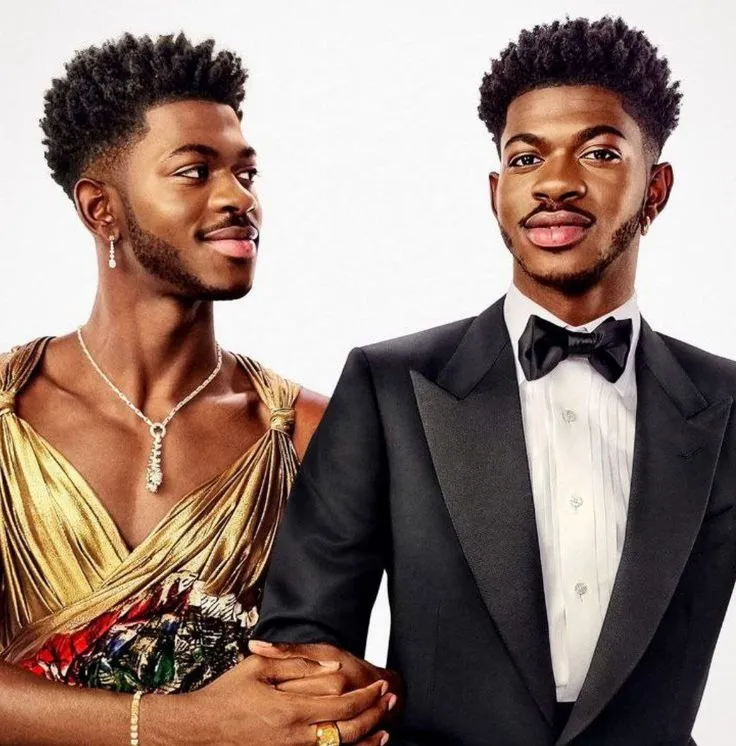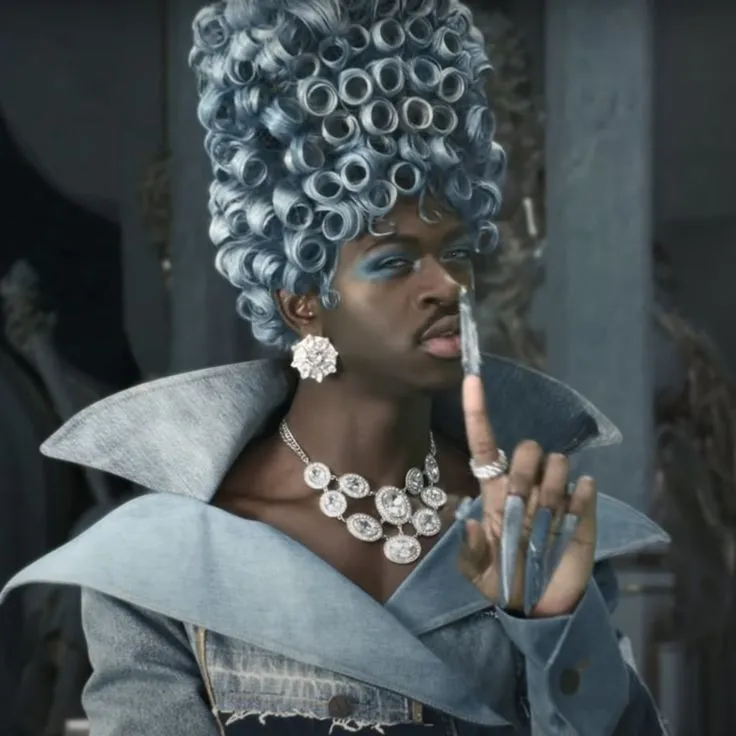

How Lil Nas X Shattered Boundaries for Queer Artists
The music industry has always been a battleground for identity, expression, and rebellion. Few artists in modern history have shaken its foundation quite like Lil Nas X. From a viral TikTok sensation to a cultural revolutionary, his career is more than just about chart-topping hits—it’s about challenging norms, redefining masculinity, and carving out a space for queer artists in hip-hop and pop music.
But what makes his journey so extraordinary? How did Lil Nas X manage to break through an industry that historically marginalized LGBTQ+ voices? And more importantly, what impact has he left on future generations of queer artists?
His story is one of controversy, courage, and cultural transformation—a journey that not only changed music but also redefined what it means to be a global superstar.
The Rise: From Internet Sensation to Global Icon
“Old Town Road” and the Art of Viral Success
Every great music revolution has a defining moment. For Lil Nas X, that moment was “Old Town Road”, the country-trap hybrid that took the internet by storm in 2019.

The song’s infectious beat, meme-worthy appeal, and genre-blending style turned it into an unstoppable force. But it was TikTok that truly launched the track into the stratosphere. Suddenly, a song created by an unknown artist in his bedroom was everywhere.
Within months, “Old Town Road” broke records, staying at No. 1 on the Billboard Hot 100 for 19 consecutive weeks—a record that still stands. But beneath the success, something even bigger was happening.
Lil Nas X, an openly gay Black artist, was infiltrating country music and hip-hop—two genres that had historically been resistant to LGBTQ+ representation.
Coming Out at the Height of His Career
Many artists choose to hide their identities until they have solidified their careers. But Lil Nas X did the opposite. At the peak of “Old Town Road”‘s success, he publicly came out as gay in a bold move that shocked fans and critics alike.
In an industry where masculinity is often rigid and hyper-stylized, his announcement was nothing short of revolutionary. He wasn’t just a viral sensation anymore—he was a symbol of fearlessness, self-acceptance, and cultural defiance.
But not everyone was ready for what came next.
Breaking Barriers: Redefining Queerness in Music
Challenging the Norms of Hip-Hop and Pop
For decades, hip-hop has struggled with homophobia and rigid gender roles. The genre, dominated by hyper-masculine imagery, has rarely made space for openly gay artists—especially not at the level of mainstream success that Lil Nas X was reaching.
Instead of toning down his identity, he amplified it.
His debut album, “Montero”, was filled with unapologetic queerness, biblical symbolism, and defiant storytelling. Songs like “Montero (Call Me By Your Name)” and “Industry Baby” featured themes of sexual freedom, empowerment, and defiance against societal norms.
The music video for “Montero (Call Me By Your Name)” became one of the most controversial (and celebrated) moments in modern pop culture. A queer Black artist pole-dancing into hell and seducing Satan? The message was clear: Lil Nas X wasn’t asking for acceptance—he was taking it.
Pushing Boundaries with Visual Storytelling
Lil Nas X didn’t just push boundaries with his lyrics—his visual storytelling redefined how queer artists could present themselves.
-
“Montero (Call Me By Your Name)” sparked a media firestorm, with conservative critics calling it “demonic” while LGBTQ+ fans praised its audacity.
-
“Industry Baby” flipped the script on prison narratives, replacing traditional hyper-masculine imagery with a celebration of queer confidence.
-
His live performances, from twerking on stage to kissing male dancers on national television, forced mainstream audiences to confront queerness in a way that had never been done before in hip-hop.
This wasn’t just music—it was a cultural reckoning.
The Backlash: Facing Resistance in the Industry
The Price of Being Bold
With groundbreaking success always comes backlash. While Lil Nas X had legions of fans, supporters, and cultural critics praising his bravery, he also faced a wave of hate, homophobia, and industry resistance.
From conservative figures to fellow rappers, many tried to discredit him, arguing that he was “ruining hip-hop” or using his sexuality for shock value.

-
Some radio stations refused to play his songs.
-
Online hate campaigns targeted his personal life.
-
Industry figures questioned whether his success was just a fad.
But if there’s one thing Lil Nas X proved, it’s that he thrives on controversy.
Trolling His Haters: The Art of Internet Warfare
Instead of shying away, Lil Nas X turned criticism into fuel. His response? Memes, humor, and calculated social media moves that kept him at the center of conversation.
-
When critics called “Montero” blasphemous, he dropped “Satan Shoes” to stir up even more controversy.
-
When haters questioned his masculinity, he doubled down with even bolder performances.
-
When he was accused of being a one-hit wonder, he delivered an album that topped charts and won awards.
His ability to own the narrative, manipulate media attention, and stay ahead of backlash is what keeps him unstoppable.
The Legacy: How Lil Nas X Changed the Game for Queer Artists
Opening Doors for the Next Generation
Lil Nas X didn’t just change music—he changed what’s possible for queer artists in the industry.
Before him, LGBTQ+ artists often had to tone down their identities to be accepted in mainstream pop and hip-hop. But now, thanks to his trailblazing efforts:
-
Queer artists have more visibility than ever.
-
Labels and mainstream platforms are embracing LGBTQ+ narratives.
-
The hip-hop community is slowly but surely evolving to be more inclusive.
Artists like Doja Cat, Saucy Santana, and Sam Smith have benefited from the new landscape Lil Nas X helped create.
Will He Be the Blueprint for Future Stars?
As he continues his career, one question remains: Will Lil Nas X be remembered as a moment in music history or as the blueprint for future artists?
One thing is certain—he’s already secured his place as one of the most influential queer artists of all time.
His journey isn’t just about success. It’s about fearlessness, defiance, and rewriting the rules of what it means to be a superstar.
A Revolution, Not a Trend
Lil Nas X’s impact goes beyond music—he’s a movement. He shattered boundaries not just for queer artists, but for an entire industry that once refused to accept them.
Whether you love him, hate him, or simply watch in fascination, one thing is undeniable: Lil Nas X is a force that refuses to be ignored.
So the real question is—who will follow in his footsteps?
The industry may never be the same again.


















